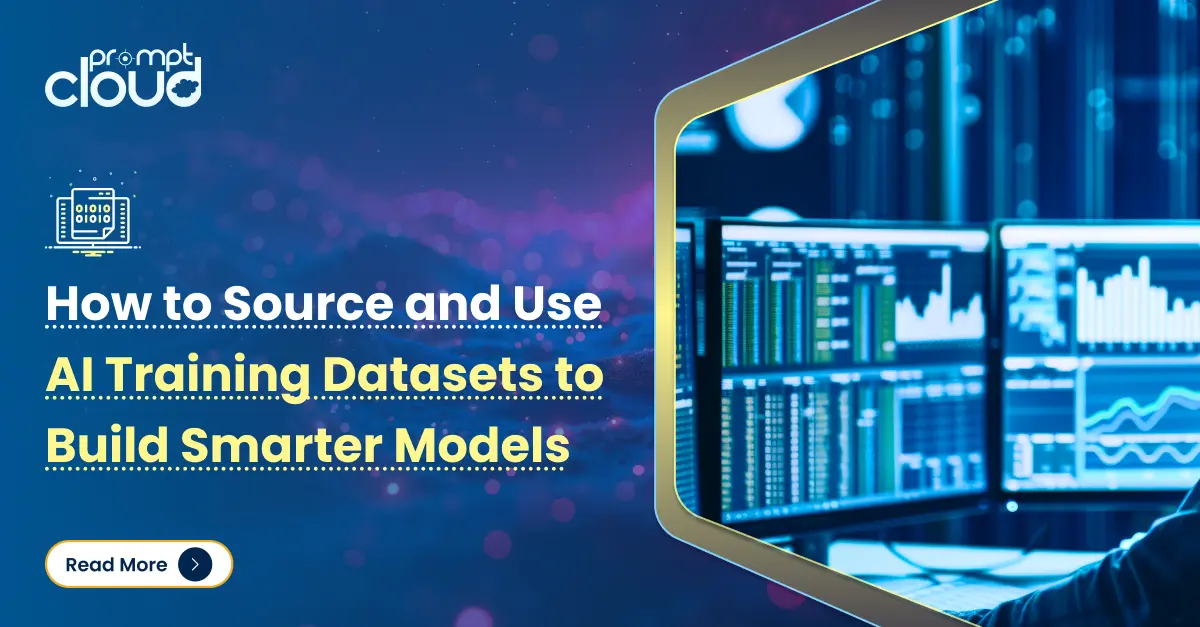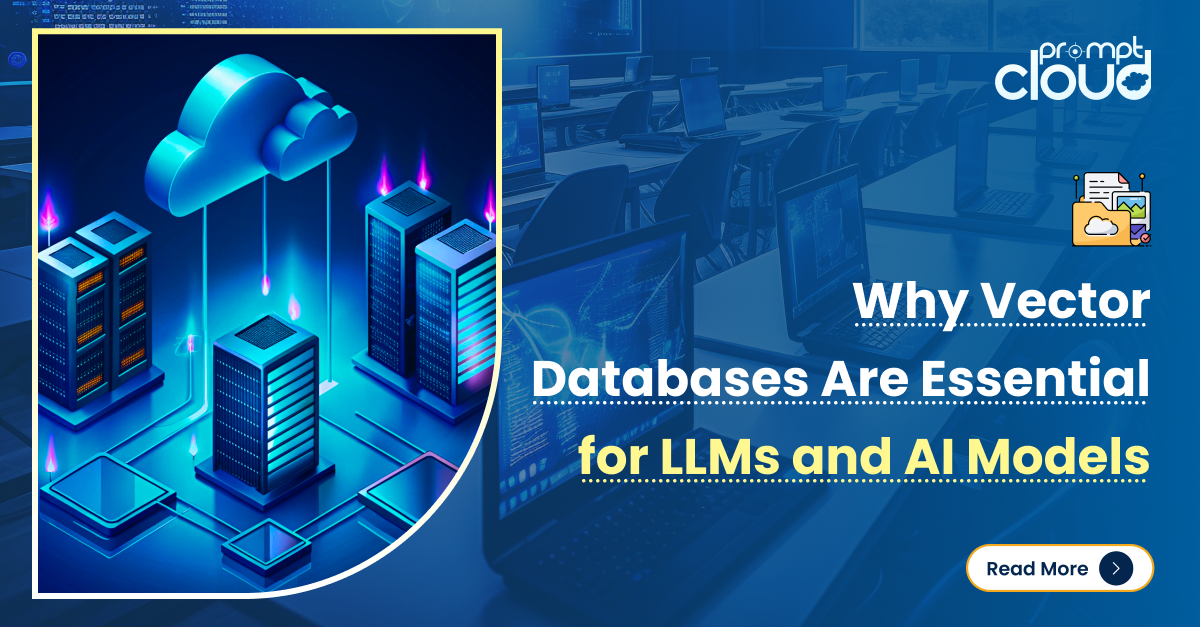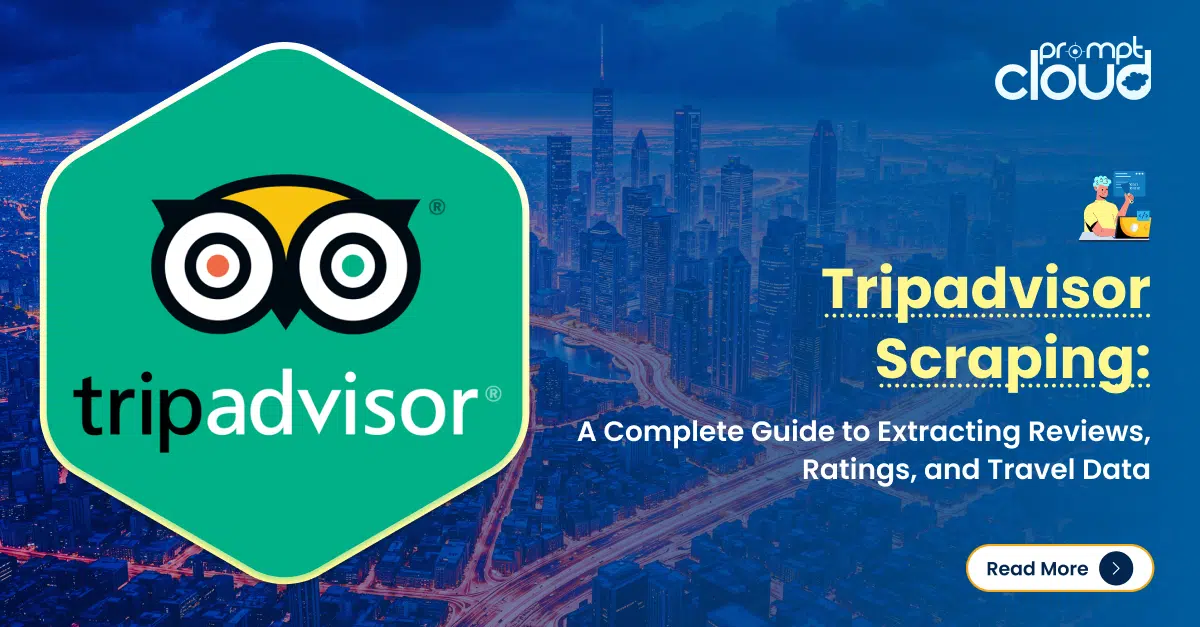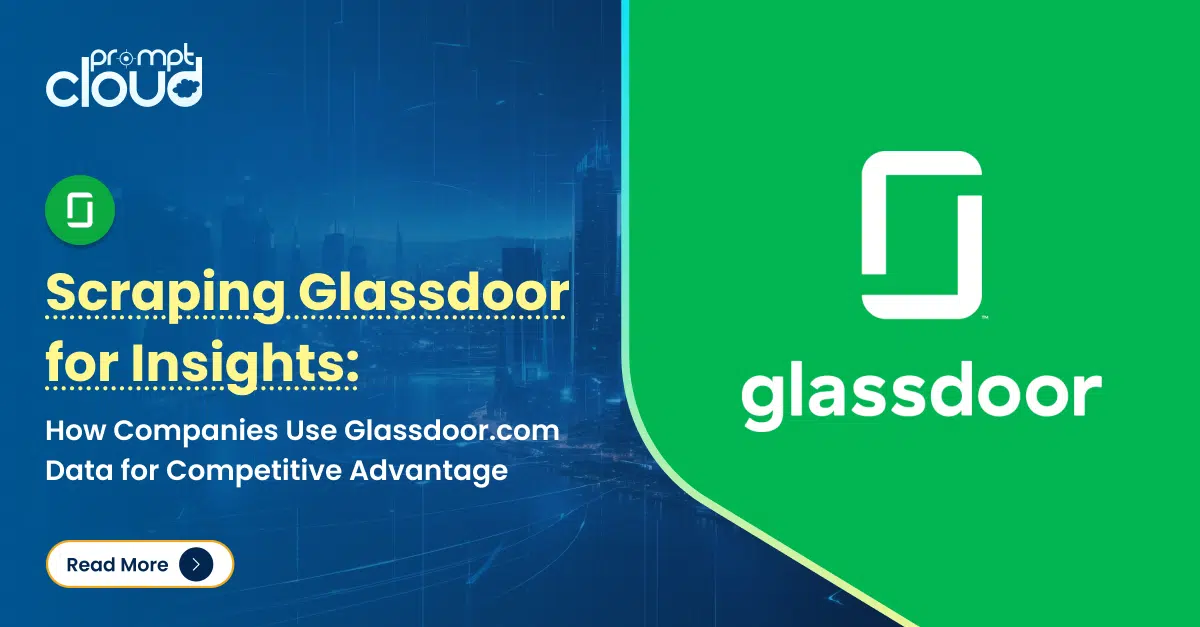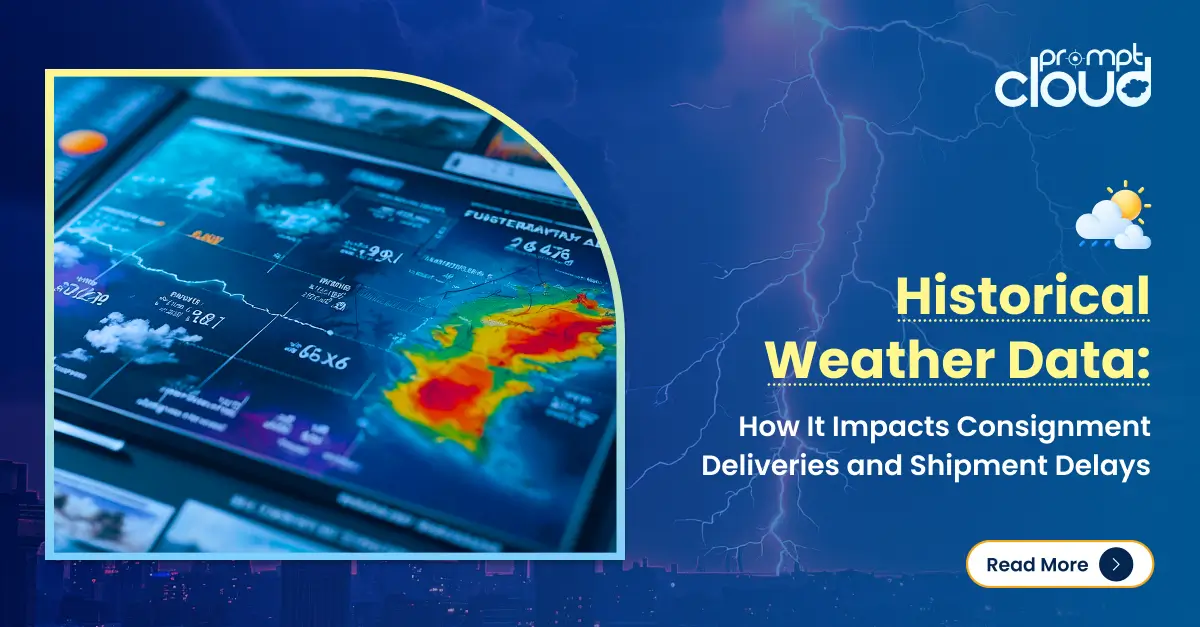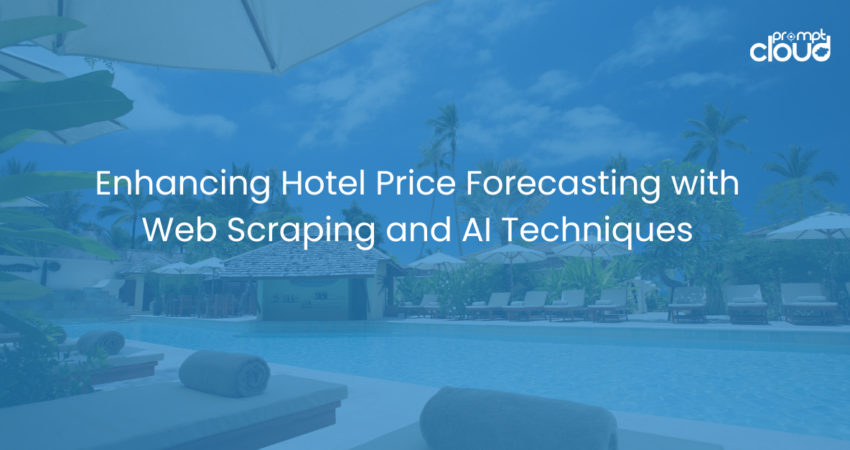
In today’s tech-driven era, where data and technology reign supreme in shaping decision-making processes across various sectors, the hotel industry is no different. Within this dynamic landscape, hotel managers and revenue analysts are constantly in pursuit of inventive approaches to enhance pricing strategies.
Among these strategies, the incorporation of web scraping alongside artificial intelligence (AI) methods emerges as a particularly promising avenue. This article aims to investigate the ways in which web scraping of hotel price data can elevate the precision of hotel price forecasting, and it will also delve into the pivotal role played by machine learning and AI within this context.
Understanding Web Scraping
Before delving into the intricacies of web scraping hotel price data, it’s essential to grasp the concept of web scraping itself. Web scraping refers to the automated process of extracting data from websites. It involves using specialized software or programming scripts to navigate web pages, extract specific information, and store it in a structured format, typically a spreadsheet or database.
In hotel price forecasting, web scraping allows hoteliers to collect pricing data from various sources, such as competitor websites and online travel agencies (OTAs). In addition, web scraping offers many benefits to multiple industries, such as:
- Academic Research: In the academe, researchers have the capability to employ web scraping for data collection in fields such as social sciences, economics, and data science, facilitating comprehensive studies and analyses.
- Weather Forecasting: Meteorologists employ web scraping techniques to gather weather data from diverse sources and models, enabling them to generate precise forecasts.
- Government and Public Policy: Government agencies use web scraping to collect data on public sentiment, track regulatory compliance, and monitor various aspects of public policy.
- Healthcare and Life Sciences: Web scraping is employed to collect medical research data, track disease outbreaks, and monitor healthcare-related information from various sources.
- Travel and Hospitality: The travel industry uses web scraping for competitive pricing analysis, hotel and flight availability, and destination information.
- Content Creation: Content creators and bloggers can use web scraping to generate ideas, find relevant data, and automate content updates.
Despite these benefits, it’s important to note that web scraping should be done responsibly and ethically. Some websites have terms of service that prohibit or restrict web scraping, and scraping too aggressively can cause server overload or legal issues. It’s crucial to respect website terms of use and consider the ethical implications of web scraping practices.
The Power of Web Scraping in Hotel Price Forecasting
Web scraping hotel price data has emerged as a game-changer in the field of revenue management. Here are some of the key ways in which it enhances hotel price forecasting:
1. Competitor Analysis
Web scraping enables hoteliers to monitor and analyze the pricing strategies of their competitors in real-time. By regularly scraping competitor websites, hotels can stay updated on price changes, promotions, and availability. This information empowers them to make dynamic pricing decisions to remain competitive in the market.
2. Market Intelligence
In addition to monitoring competitors, web scraping can be used to gather data on market trends and demand fluctuations. Hoteliers can scrape data from OTAs and other booking platforms to gain insights into when demand is high or low, allowing them to adjust their pricing strategies accordingly.
3. Rate Parity Enforcement
Web scraping also aids in ensuring rate parity across various distribution channels. By monitoring prices on different platforms, hotels can identify instances where their room rates are not consistent and take corrective actions to maintain rate parity, which is crucial for maintaining brand integrity and customer trust.
Machine Learning and AI in Hotel Price Forecasting
While web scraping provides a valuable source of data, the real magic happens when machine learning algorithms and AI techniques are integrated into the hotel price forecasting process. Here’s how they contribute to more accurate predictions and smarter pricing decisions:
1. Demand Prediction
Machine learning models can analyze historical booking data alongside external factors like weather, holidays, and local events to predict future demand accurately. By incorporating these predictions into pricing decisions, hotels can optimize revenue by adjusting rates based on expected demand.
2. Price Optimization
AI algorithms can perform complex pricing optimization tasks that consider a multitude of factors simultaneously, such as competitor pricing, historical booking patterns, and demand forecasts. These algorithms can automatically adjust room rates in real-time to maximize revenue while maintaining occupancy levels.
3. Personalized Pricing
AI can also help hotels implement personalized pricing strategies. By analyzing guest behavior and preferences, hotels can offer tailored promotions and discounts, increasing the likelihood of bookings and guest satisfaction.
4. Dynamic Pricing
Machine learning models can continuously analyze web scraping hotel price data and other variables to make dynamic pricing decisions. This ensures that room rates are always competitive and reflective of market conditions.
Final Word
Web scraping hotel price data plays a pivotal role in enhancing hotel price forecasting by providing valuable insights into market dynamics and competitor strategies. When merged with machine learning and AI methodologies, these insights can be harnessed to make smarter pricing decisions aimed at optimizing revenue and profitability.










